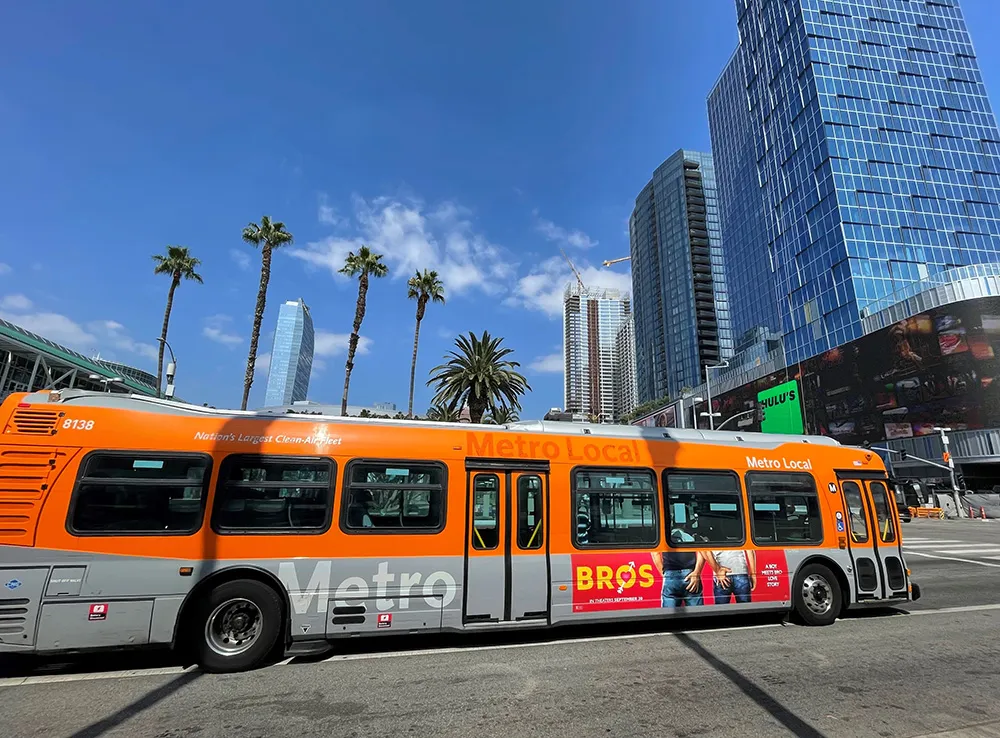Verizon is here at ITS America 2016 San Jose, on the Sensys Networks booth, to highlight the Verizon Intelligent Traffic Management Service, a new Internet of Things (IoT) platform service for smart cities.
The solution provides high-resolution, 24/7 data for signal optimisation, congestion mitigation and performance reporting, providing up-to-date information for traffic optimisation.
Verizon’s Intelligent Traffic Management uses embedded sensors and hardware installed at intersections and other access p
June 15, 2016
Read time: 1 min

The solution provides high-resolution, 24/7 data for signal optimisation, congestion mitigation and performance reporting, providing up-to-date information for traffic optimisation.
Verizon’s Intelligent Traffic Management uses embedded sensors and hardware installed at intersections and other access points to gather performance data in real time, helping public transportation agencies to understand their underperforming corridors and improve throughput in a precise and quantifiable manner.
Importantly, it is available as a “software as a service” (SaaS) model, which alleviates the complexities, time and cost for agencies that typically procure and maintain their own solution. As a result, Verizon says agencies don’t have to settle for inadequate data or maintain heterogeneous solutions from multiple providers.









